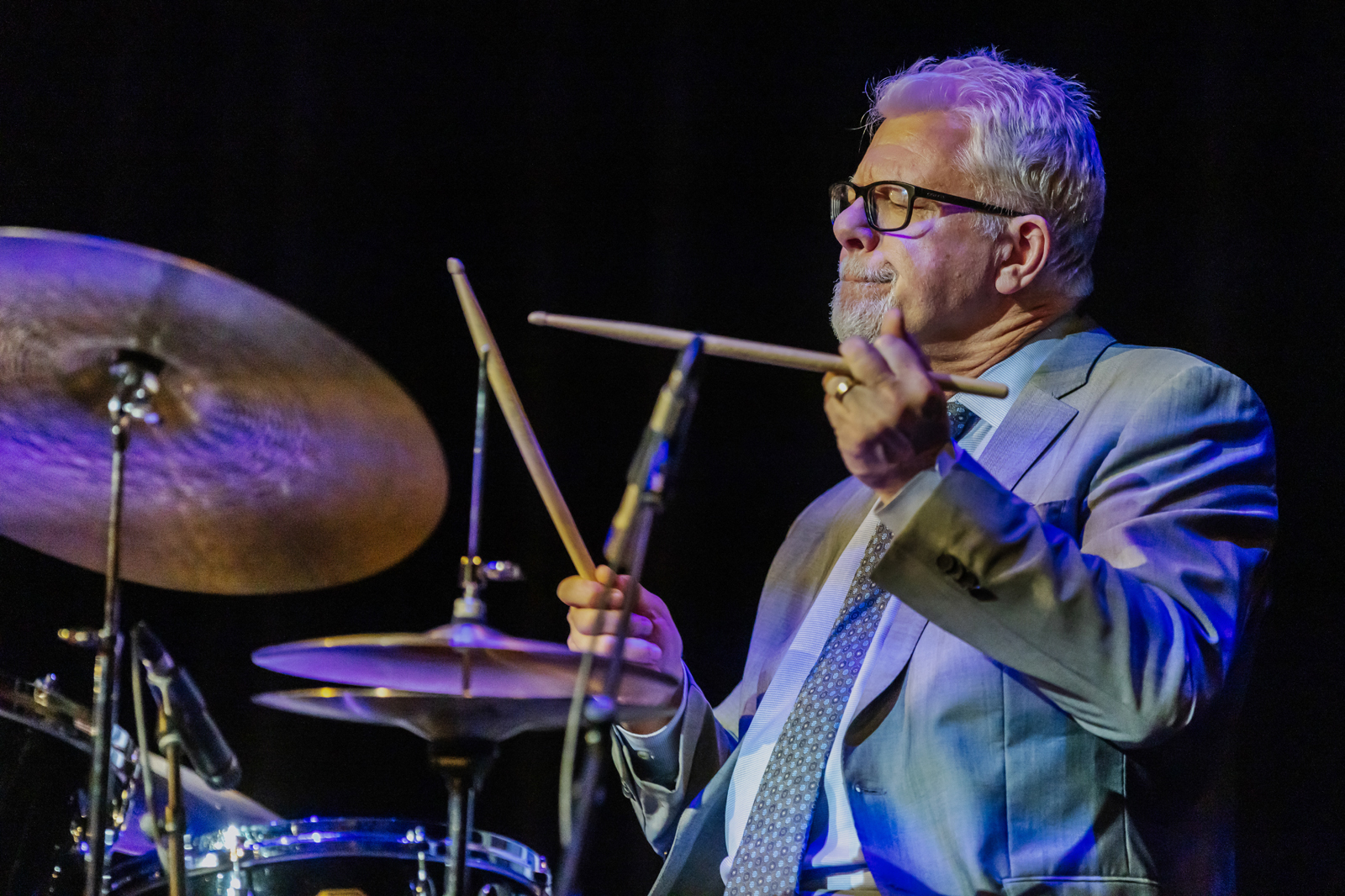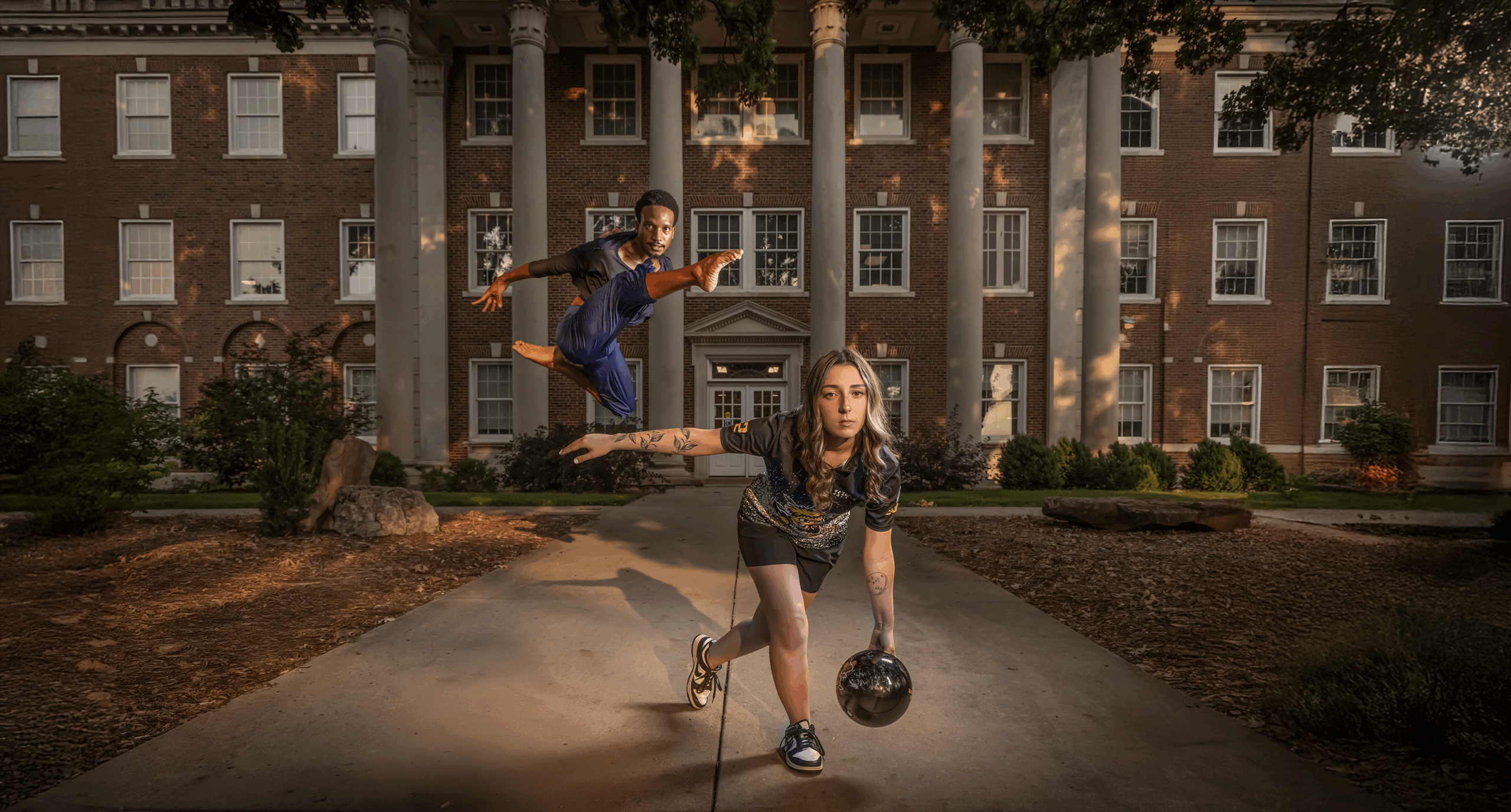Game Changers: Shocker varsity esports student-athletes win big

Competitive collegiate gaming is changing the landscape of higher education, creating a community for many students who didn’t originally see themselves succeeding in a traditional university setting. At Wichita State, the 5-year-old varsity esports program is flourishing, and its positive impact on participating Shocker students is clear.
“At a core level, if there’s something you’re passionate about that you can do while you pursue your education, it has a huge impact on your ability to persist and get a degree,” says Travis Yang, WSU’s esports director. “We’re able to work with students who never thought going to college was a possibility until they heard about esports.”
While every WSU student is welcome to join the Shocker Gaming Club, which has existed since the early 2000s, the varsity program recruits only the best through tryouts and scholarship offers. As with traditional sports, varsity esports teams have set practice times with film review and skill drills each week, and each game has its own coach and roster of athletes. “Traditional sports still dominate,” Yang says. “But there are so many competitive kids who just don’t have the time or physical ability to pursue those sports at a collegiate level. Esports offers the same competition through a different avenue.”

With 50 student-athletes and 20 student-staff on varsity rosters, WSU fields multiple teams and wrapped up its fall 2023 season with some big wins in the Eastern College Athletic Conference (ECAC): Shocker teams captured the national Valorant championship and cinched third in Call of Duty.
“We’re giving students a structure to work on basic things like teamwork, communication and being able to give and take constructive criticism,” Yang says. “We work on time management, something every student needs to learn, and we hold them accountable and help them channel their energy into something that’s aligned with educational outcomes.”
So, what follows graduation for a collegiate gamer?
Most, Yang says, won’t pursue esports at a professional level. With investors, GMs and owners ranging from Shaquille O’Neal and David Beckham, to Magic Johnson and Tony Robbins, pro esports teams require the same intense dedication from their athletes as any other type of pro league. Some student gamers, Yang adds, will find success in sports management or event production careers, while others will shape the future of esports with degrees in game design.
All of them will have gained hands-on skills to be competitive in a global industry currently valued at $1.38 billion and expected to rise to $6.75 billion by 2030. Whatever their ultimate focus, WSU’s esports program is setting them up to be game-changers.



